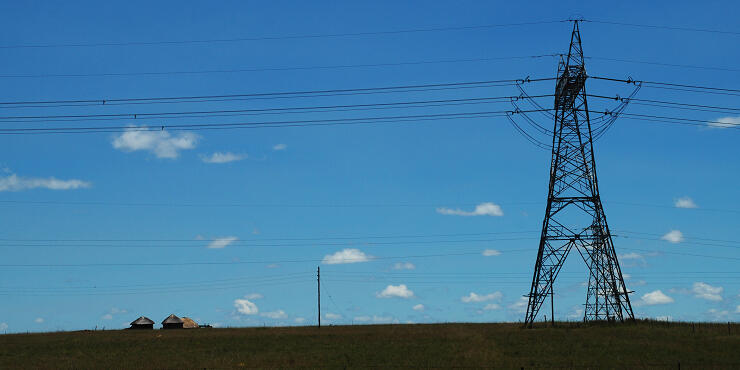
Blended finance mechanisms can enhance development cooperation, but these opportunities vary by sector and by country. When are blended financing mechanisms appropriate, how are they best used, and what risks need to be managed?
This was the focus of the technical workshop, “Blended finance in the SDG Era”, a 2016 DCF Side Event jointly organized by the Financing for Development Office (FfDO) and Office for ECOSOC Support & Coordination (OESC) of the United Nations Department of Economic and Social Affairs (UNDESA) on Wednesday, 20 July 2016 at UN Headquarters in New York.
The workshop brought together experts representing governments, private sector, multilateral development banks, civil society organizations and academia to advance the multi-stakeholder debate on blended finance.
The discussions fed into the plenary discussions of the 2016 DCF and will inform the ongoing work of both the DCF and the Inter-Agency Task Force on Financing for Development.
Related events on blended finance:
- Summary of the Inter-Agency Task Force on Financing for Development Meeting on Public-Private Partnerships, Friday 16 December 2016 (UN Headquarters, New York)
- Fifth Biennial High-level Meeting of the Development Cooperation Forum (DCF) Session V: “Development cooperation by the private sector, other non-state actors and blended development cooperation” (22 July 2016)
- DCF Side Event at Third International Conference on Financing for Development: “The impact of private and blended development cooperation: What can we expect in practice?” (16 July 2015)
- DCF Republic of Korea High-Level Symposium Workshop: “The role of catalytic aid in financing sustainable development” (8 April 2015)
Key background documents:
- Addis Ababa Action Agenda
- 2016 Report of the Secretary-General on “Trends and progress in international development cooperation” (E/2016/65)
- DCF Policy Briefs
Contact:
 Welcome to the United Nations
Welcome to the United Nations 